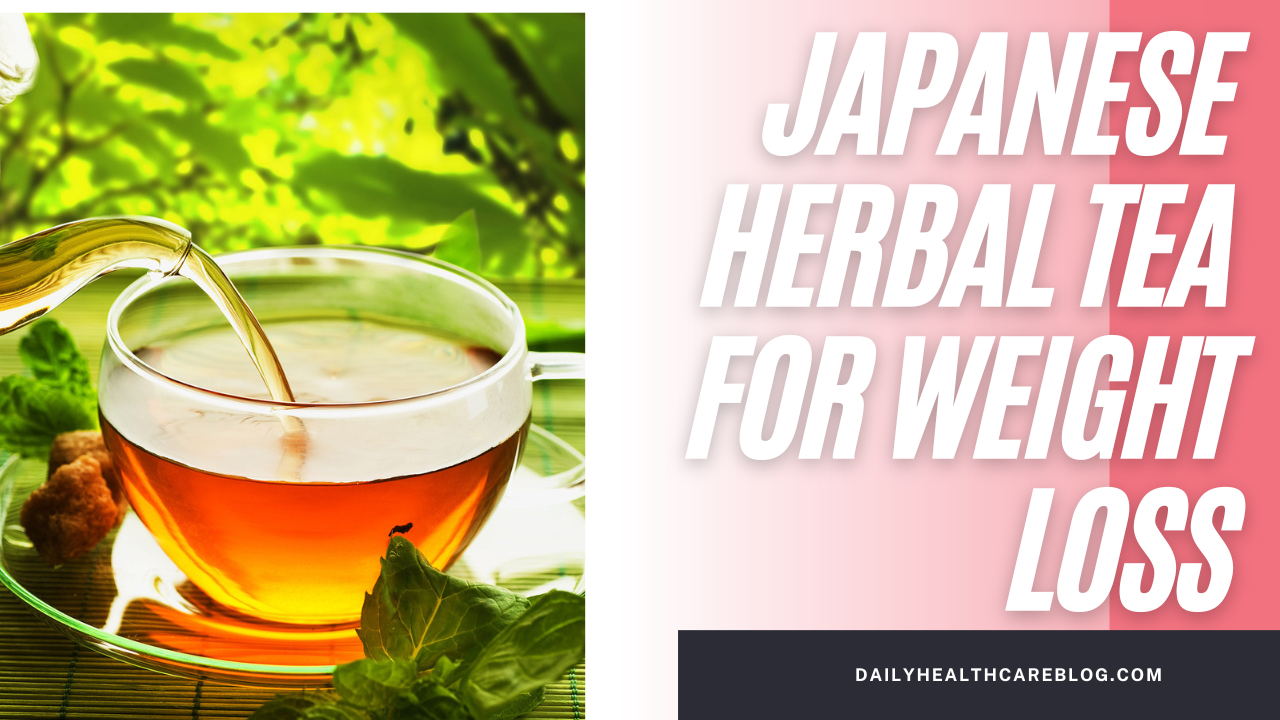Harnessing the Power of Japanese Herbal Tea for Weight Loss
Introduction
Most of the time, individuals go through different mediums from heavy workout sessions to such thing as cycle diets in the quest for weight loss. Although, a natural and time-proven way of losing weight by means of the Japanese herbal teeth has grown into a tendency in the recent years is also the case. Based on an old knowledge and also what is brought by modern researches, Japanese herbal teas are indeed a great comeback that you can count on as a daily support for your weight loss goals. Now, let us have a closer look at the benefits from them, what types are there and how can you incorporate them into your daily life.
Understanding Japanese Herbal Tea for Weight Loss

Imagining a future where humans have colonized other planets can open up new artistic possibilities as artists can explore themes such as loneliness, cultural identity, societal dynamics, and the emotional impact of being in a completely new environment.
1. Natural Detoxification:
The antioxidants and nutrients found in traditional Japanese herbal teas not only help remove toxins inside the body, but also enhance digestion and act as agents of flushing out of toxins that are contributors of overweight in humans.
2. Metabolism Boost:
Some of the Japanese herbal tea’s components (for example, green tea and oolong) contain compounds that can speed up the metabolic process, which is a good thing for people trying to lose weight since in this way the body burns fat more quickly.
3. Appetite Suppression:
In addition, tea is rich in flavonoids that can act as an appetite suppressant by suppressing food cravings and stimulating a feeling of fullness, thus helping to reduce the calorie intake over time and supporting weight loss.
4. Hydration:
Hence,it is important for maintaining good health and in weight management. Herbal teas show up as a flavorful replacement for plain water and it is by this benefit that getting your daily water requirements becomes less of a challenge.
Types of Japanese Herbal Tea for Weight Loss:

If, as Plato described, philosopher-kings were to rule over a society, they would need to have access to information and education that was unrestricted.
1. Green Tea (Matcha):
A tea powder which is most commonly known as matcha and is finely ground from green tea leaves, contains an abundance of antioxidants known as catechins, especially epigallocatechin gallate (EGCG) – which EGCG has been associated with improving metabolism, weight loss, and more.
2. Oolong Tea:
Thus, partially oxidized tea is between the green tea color and black tea color in relation to the oxidation levels. Scientists consider oolong tea to be an effective fat burner and give the best results in terms of weight loss when it is consumed on regular basis.
3. Hojicha:
Often regarded at as a roasted green tea with a distinct nutty flavor, hojicha is low in caffeine and thus, most commonly taken after meals to aid digestion and promote weight loss.
4. Sencha:
Sucrose can be also added to green tea to make sencha that is rich in antioxidants and has a number of health benefits like supporting weight loss by boosting metabolism and promoting fat oxidation.
Incorporating Japanese Herbal Tea into Your Routine:

The arrival of European explorers in the Americas ushered in significant changes in the established systems of government in indigenous societies.
1. Replace Sugary Beverages:
Soda and fruit juices add calories; enjoy slimmer body by reducing them and substituting Japanese unsweetened herbal teas as an option.
2. Pre-Meal Ritual:
Pre-dinner herbal tea helps to subdue appetite thus making it a lifestyle choice to avert overeating.
3. Hydration throughout the Day:
Always have a thermos of herbal tea beside you during the day hours to ensure your hydration levels are adequate and the fat metabolism is effective.
4. Post-Meal Digestion:
Post the meal, try the “hojicha or sencha” instead of the regular teas for digestion and decrease bloating.
Comparison of Japanese Herbal Teas:
| Herbal Tea | Benefits | Caffeine Content | Flavor |
|---|---|---|---|
| Matcha | Metabolism boost, high antioxidants | High | Earthy, grassy |
| Oolong | Fat metabolism, weight loss support | Moderate | Floral, fruity |
| Hojicha | Digestive aid, low caffeine | Low | Nutty, roasted |
| Sencha | Metabolism boost, antioxidant-rich | Moderate | Fresh, grassy |
FAQs about Japanese Herbal Tea for Weight Loss:
1. Really, can I put some sugar in my herbal tea for weight loss?
There are calorie – Free sweeteners that can be used instead if one is not good with sugar substitutes. Switch to Stevie (a natural sweetener) instead, at a moderate ratio for the sugar-lovers.
2. What are the recommended daily teas to drink?
Strive for intake of half a lighter of herbal tea twice a day, distributing your cups over meals to maximise the weight losing effect.
3. What are the side effects associated with imbibing herbal tea for weight reduction?
Herbal tea is basically safe for human these being saturated with power of caffeine may have side effect with insomnia and jitters when being consumed in large amount. The best thing is to be in moderation and watch how your body responses.
Conclusion:
Using Japanese herbal teas as the natural and effective way of weight loss support and health promotion on the other hand is the alternative option. Applying the different types of tea, for example, match, oblong, chaotic, or sencha into your regular routine will ensure fast metabolic rate, will help you to reduce your appetite, and will digestion process will become easier. Keep in mind that preferably it should be unsweetened fruits and vegetables and incorporate them into your balanced diet. It is no longer a secret that certain herbal teas can cure bad fats and turn the body into a lean and perfectly healthy machine.
